Search Results
Search
Filter results
Advanced Filters
Your search returned 69 Solutions
-
A business approach to sustainable community living
"Mustard Seed Communities" (MSC) facilitates the development of minimum assisted-living communities and provides employment for persons with disabilities by offering skills training and equipment. In 2015 MSC had 12 residential centres catering to some 400 children and adults with disabilities.
Digicel Foundation Jamaica, Jamaica -
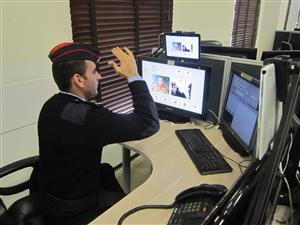
Video emergency line for the hearing-impaired
The project includes the training of officers at the Jordan Command and Control Centre (JCCC) to communicate using sign language and the development of an ICT system that enables the JCCC to accept video calls via a special line. An information campaign on the use of the video emergency call was also carried out.
HCD - Higher Council for Affairs of Persons with Disabilities, Jordan -
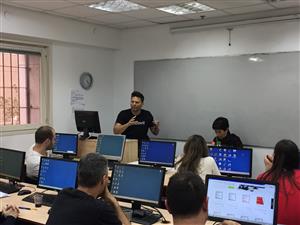
Training people with psychosocial and intellectual disabilities for ICT jobs
TAP was designed for people with mental, emotional, or cognitive disabilities. It includes technological education, training of soft skills, and the placement of people as qualified IT specialists. Since its launch in 2011, TAP has trained more than 150 adults, 74 per cent of whom were successfully placed.
itworks, Technology Accessibility Program (TAP), Israel -
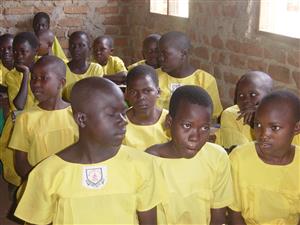
Indian campaign to educate visually-impaired children is going global
The project's aim is to provide guidelines, accessible teaching and learning materials, access to appropriate ICT and provision of capacity building programs for teachers and parents to promote inclusive education for 4 million blind and low vision children throughout the developing world who have no access to education.
ICEVI - International Council for Education of People with Visual Impairment, India -
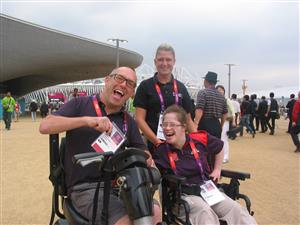
NATIONAL E-ACCESSIBILITY POLICY
Qatar’s National eAccessibility Policy faces the fact that Arabic did not feature in assistive technology and helps to reduce a number of the most severe barriers. It lays the foundation for an accessible ICT ecosystem by introducing assistive technology solutions in Arabic, providing support for people with disabilities and training for professionals.
Qatari Ministry of Information and Communication Technology of Qatar, Comprehensive eAccessibility policy, Qatar -
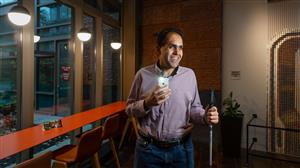
Talking camera app for people who are blind using AI and augmented reality
Seeing AI is a free app that uses the camera of devices to identify people and objects and describes them acoustically. Seeing AI can read texts, describe landscapes and emotions, and read the barcodes of products, thus helping the user to focus. In 2020 the app was available in nine languages and 70 countries.
Microsoft Corporation, Seeing AI, United States of America -
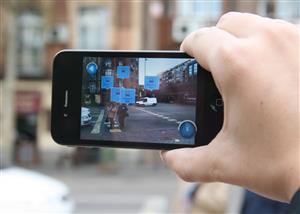
A project to enable the safe and independent use of public bus transportation for persons with visual or hearing impairments, designed also to assist persons with all physical, mental or sensory conditions. A new information technology has been developed and mobile applications introduced.
Visual and acoustic information is provided both inside and outside the vehicle. The information panels at the bus stop include audio information that can be activated through a simple button or by activating Bluetooth on the mobile phone. A telephone service provides information about the time of arrival at each stop.
EMT - Municipal Transport Company Madrid, Visual and acoustic information on public buses, Spain -
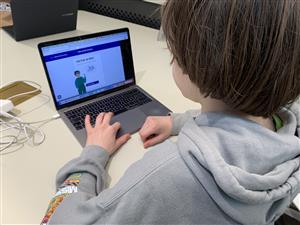
Online game for practicing shopping and making payments online
The online learning game ‘Funkabutiken’, published by the Swedish NGO Funka in 2021, allows users to practice shopping and paying online. Easy language, illustrations, and videos are some of the accessibility features offered. By mid-2022, Funkabutiken had around 20,000 visits.
Funka Nu AB, Funkabutiken, Sweden -
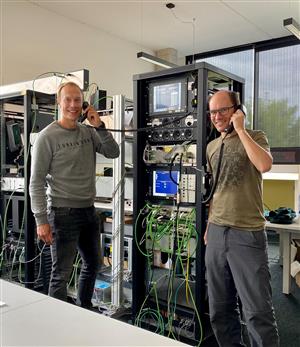
Employing people on the autism spectrum and hiring them out as consultants
Passwerk recruits people from the autism spectrum as consultants, places them in a suitable job, and offers them long-term job coaching. Passwerk consultants are specialized in IT services. In 2020 the company employed more than 120 consultants, and it has worked with more than 200 clients since 2008.
Passwerk, Passwerk, Belgium -
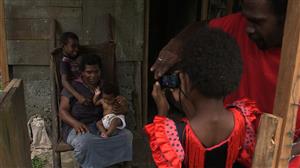
Giving a voice to children with disabilities
The project seeks to develop a simple and effective method for children with disabilities to express or communicate their life priorities and human rights issues. Therefore project team developed a set of inclusive tools to overcome barriers in verbal or oral communication and made these available on the project website.
Deakin University, Australia